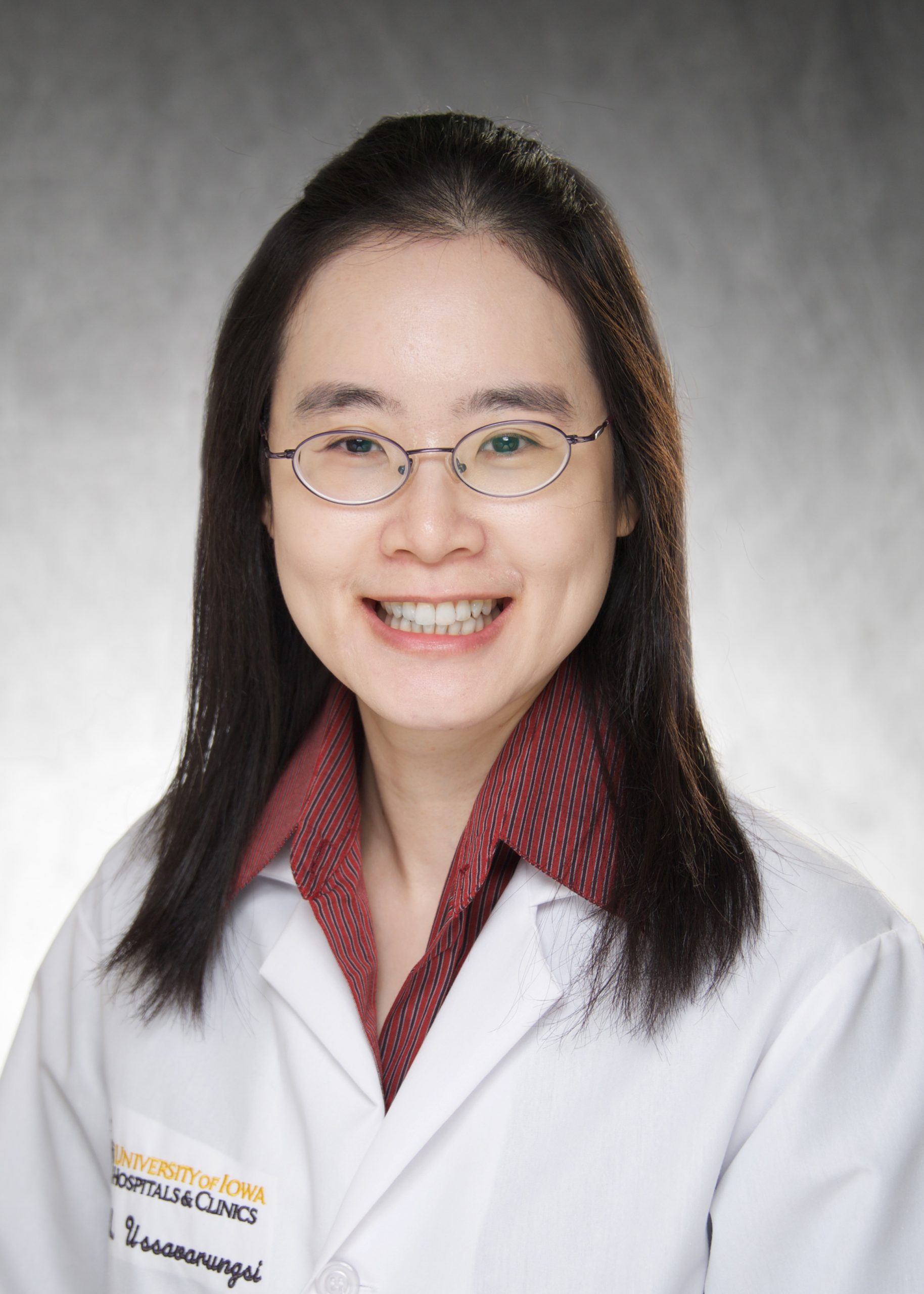In a little less than a week, the results of the most unusual residency recruitment season in memory will be revealed. We will know where our extraordinary medical students are headed next and who will be joining us later this year as our new class of interns. It is an exciting time both for our graduating MDs as well as our department and residency program. The annual academic cycle provides both the routine of tradition and the opportunity to reflect on ways that we can continue to improve. And after months of interviewing yet another exceptional class of recruits, our perennial hopes for ensuring the future of medicine will again be realized. The virtual nature of the interviews was a challenge, as was the increased number of applicants, but our program leadership and their phenomenal support staff made the entire process personalized and welcoming for candidates. Every recruit learned about our program’s rigor and flexibility and witnessed the high level of satisfaction our current residents have with their training, the faculty, and the Iowa City community. We made this as visible as possible during our interview days, as well as on our YouTube channel and through other social media outlets. The product of a year’s worth of efforts are about to be known, and I have every confidence that we will have a successful Match worth celebrating.
Recruitment is just one form of outreach beyond our institutional borders. Another are the many contributions that our trainees and faculty make each year at professional conferences, a definite casualty of this pandemic year. Research and professional conferences are critical for advancing discovery, communicating with investigators wrestling with similar questions to your own, and identifying new ways of considering old problems. Although the virtual platforms may have expanded the number of talks we were able to attend or deliver and the digital poster session may be revolutionizing a slightly dusty format, the chance encounter leading to a new collaboration has yet to make a satisfying pivot to the web. We have been fortunate to build on the strengthening collaboration with our colleagues to the north at the University of Minnesota. This week, our two diabetes research centers jointly hosted a virtual Diabetes Research Day. If we have learned anything in the past year it is that Zoom fatigue is real, and so we decided to split this year’s one-day research day into two halves, with the second half to be presented on Monday, 3/15. Attendance at our first half approached 150 participants during Dr. Daniel Drucker’s keynote and as many as 40 in each of the three breakout sessions for the short talks from the nearly 50 submitted abstracts. Thanks to our colleagues at Minnesota and to the staff at both institutions for organizing this two-part virtual retreat. The timing for this could not have been better, as this week also saw the release of IOWA Magazine’s feature on the Fraternal Order of Eagles Diabetes Research Center. I hope you will take some time and explore these articles, which showcase our efforts to excel within every component of the tripartite mission.
It is never too great a challenge to pull at one thread within the department, expecting to just find a story about, say, research and find it deeply entwined with education and patient care. A discovery happens while we are teaching at the bench or a trainee encounters a unique clinical case, which opens a whole new series of questions. It is always exciting and satisfying when we get the chance to advance all three missions at the same time. I relate a recent example from the residents’ Morning Report session. A question about a case of sickle cell anemia complicated by cardiac tamponade reminded faculty present of the need to discuss and elicit pulsus paradoxus. The following week the Chief Residents held a “pulsus paradoxus” demonstration underscoring the importance of developing strong physical examination skills. Unfortunately the patient who was presented in that Morning Report passed away. We followed up with a clinical-pathological conference on sickle cell disease delivered at Grand Rounds last month by Dr. Usha Perepu and Drs. Matthew Becker and Nicole Becker, residents from Medicine and Pathology respectively. Morning Report came full circle and provided an essential platform to share best practices with our entire community about this challenging condition that disproportionately impacts the African American community.

This example of sickle cell disease also underscored a potential fourth component of our mission as it relates to our commitment to social justice and the importance of addressing social determinants of health in the way that we train the next generation of physicians and how we structure our practices. Inequities in our health care system are pervasive and so structural that if we do not focus more intently and purposefully on alleviating social determinants of health, we risk perpetuating harm. Nothing has made that clearer than the troubling way that the coronavirus pandemic has exposed the schisms in outcomes by class and race. Disproportionate infection, sickness, and death have impacted minority populations, rural populations, and poorer populations, and cannot be ignored. I am grateful to the members of this department who will participate in the university’s WorldCanvass event on March 16 at 5:30, which will discuss the disruptions and disparities revealed by COVID-19. One of those participants, Dr. Martha Carvour, who has emerged as an important voice on this issue, also recently published an essay in the Iowa City Press-Citizen. Her call is a reminder that your voices, your expertise, and your passion for your community—all members of your community—are critically needed.


